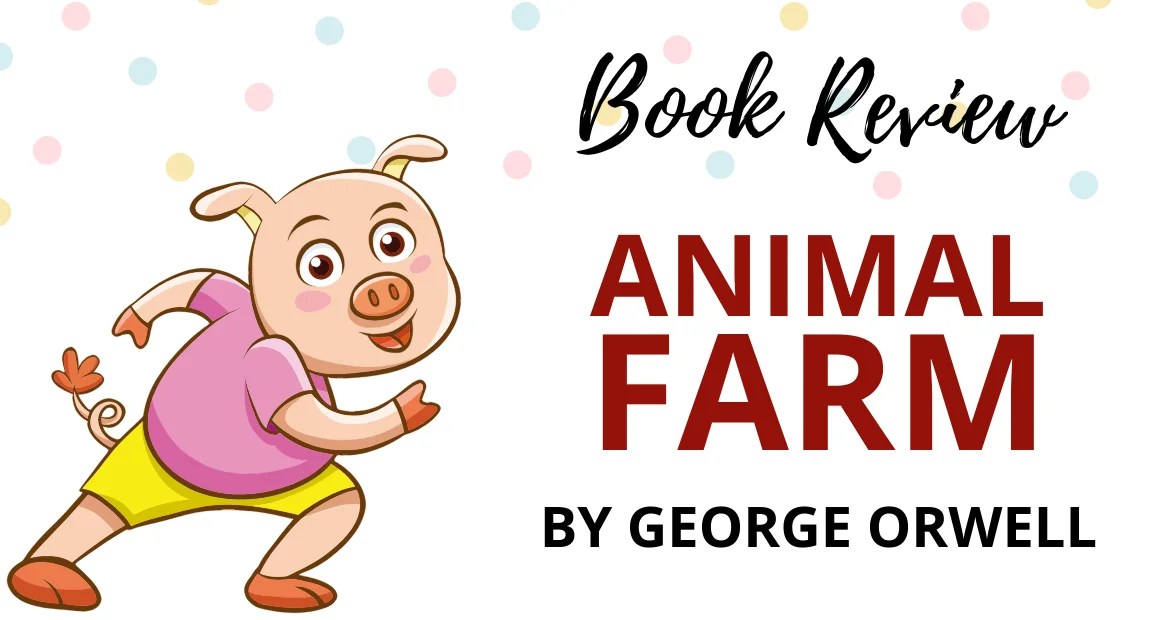George Orwell’s “Animal Farm,” a seminal work of political fiction, serves not only as a parable of revolution but also as a profound critique of the mechanisms of power. At first glance, one may regard it as merely a narrative about farm animals. However, beneath this facade lies an intricate exploration of human nature and societal structures, promising readers a transformative shift in perspective that resonates across generations.
The story unfolds on Manor Farm, where the animals are subjected to the tyranny of Mr. Jones, the negligent and intoxicated farmer. Here begins the allegorical journey as the animals, led by the astute pigs, revolt against their human overlord, asserting their desire for freedom and equality. This uprising, though born from noble intentions, gradually morphs into a stark realization: the quest for utopia can easily devolve into dystopia when power is accumulated in the wrong hands.
As the narrative develops, Orwell intricately crafts characters that embody various archetypes of political figures and ideologies. Napoleon, a pig who becomes the self-appointed leader, epitomizes the tyrannical ruler whose hunger for power ultimately eclipses the initial ideals of the revolution. His counterpart, Snowball, represents the intellectual and visionary leader, advocating for progressive reforms and the well-being of all. However, his situation serves as a cautionary tale about the perils of idealism when faced with the brutish reality of manipulation and betrayal.
The duality of these characters and their conflicting ideologies personifies the broader themes of corruption and the cyclical nature of power. The mantra, “All animals are equal, but some animals are more equal than others,” succinctly encapsulates the hypocrisy that often pervades governmental structures. Through this phrase, Orwell deftly critiques not just totalitarian regimes but the complacency found in any socio-political system that allows for the elevation of certain individuals above others.
The vivid imagery and allegorical finesse within “Animal Farm” invite readers to scrutinize their perceptions of authority and governance. Orwell’s choice of farm animals, ostensibly simplistic, enables a profound commentary on the complexities of human society while maintaining a sense of accessibility. The anthropomorphized characters navigate the realms of loyalty, betrayal, and ethics, confronting readers with moral dilemmas reflective of our own societal challenges.
Consider the aftermath of the animals’ revolution: the idyllic vision of a cooperative society deteriorates into a stark dictatorship fostered by fear and propaganda. The pigs use manipulative tactics, such as altering the commandments of animalism, to consolidate their power and control the narrative. This transformation is a poignant reflection on how revolutions can devour their own, a reality often overlooked in historical discussions. Orwell draws parallels to real-world events, encouraging readers to question the narratives presented by those in authority.
Moreover, the pervasive use of propaganda serves as a critical device that amplifies the prevailing theme of power dynamics. The sheep, with their incessant bleating of supportive slogans, represent the uninformed masses—those who blindly follow authority without question. In contrast, Orwell paints a sobering picture of the importance of critical thinking and informed dissent in preserving the integrity of any socio-political organism. This dynamic raises an imperative inquiry: how often do we succumb to the superficiality of populist rhetoric without fully grasping its implications?
Furthermore, the erosion of the original principles of Animalism becomes a chilling commentary on the nature of human aspirations. The initial dream of a society free from oppression transforms into a regime that mirrors the very conditions the animals sought to escape. This metamorphosis underscores the fragility of ideals and the ease with which noble intentions can be manipulated for self-serving goals. Thus, the narrative invites introspection regarding the efficacy of revolutions: do they genuinely lead to change, or do they simply recreate the power structures they aim to dismantle?
As readers traverse the pages of “Animal Farm,” a plethora of emotions unfurls—outrage, empathy, disappointment, and, ultimately, enlightenment. The journey through the farm, from the initial euphoria of freedom to the bleak reality of oppression, leaves an indelible mark on one’s consciousness. Orwell masterfully entwines the fates of the animals with the moral compass of humanity. His incisive prose prompts a reevaluation of one’s values, spurring curiosity about the implications of complacency and the moral obligation to challenge injustices.
In an era marked by political polarization and social unrest, “Animal Farm” remains a pertinent exploration of power, conformity, and the human spirit. The promise of a shift in perspective is not merely theoretical; it is a visceral experience that compels one to engage with the world critically. This allegorical tapestry urges us to ask the uncomfortable questions—why do the powerful often evade accountability? How can we, as individuals, uphold our own ethical standards in a landscape riddled with compromise?
Therefore, as you delve into the world of “Animal Farm,” prepare not just for a literary escapade but for an introspective voyage that encourages active engagement with historical and contemporary issues alike. In Orwell’s astute concoction of narrative and critique, we find not only a story but a clarion call for vigilance, awareness, and moral responsibility. Embrace this opportunity to explore the intricate interplay between power and integrity, for the lessons within “Animal Farm” reverberate beyond the confines of the text and into our daily lives.
